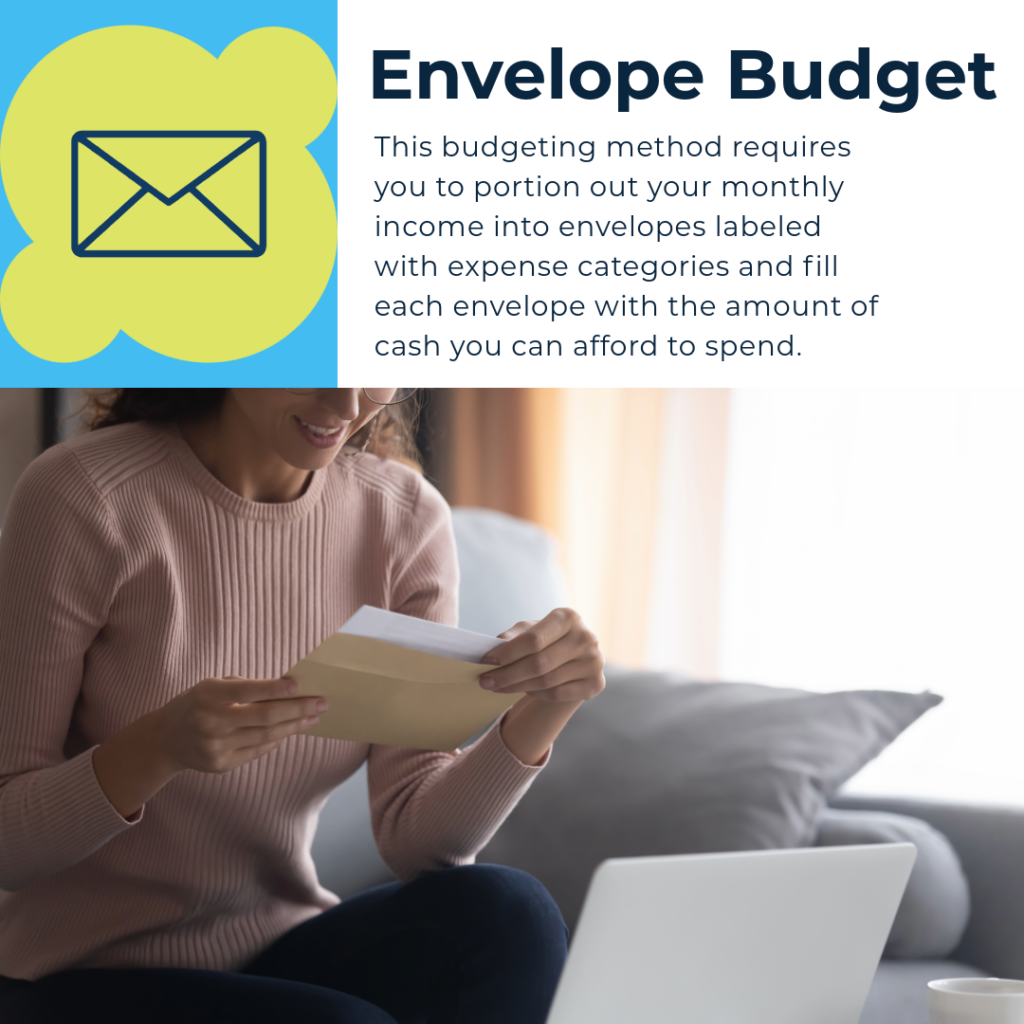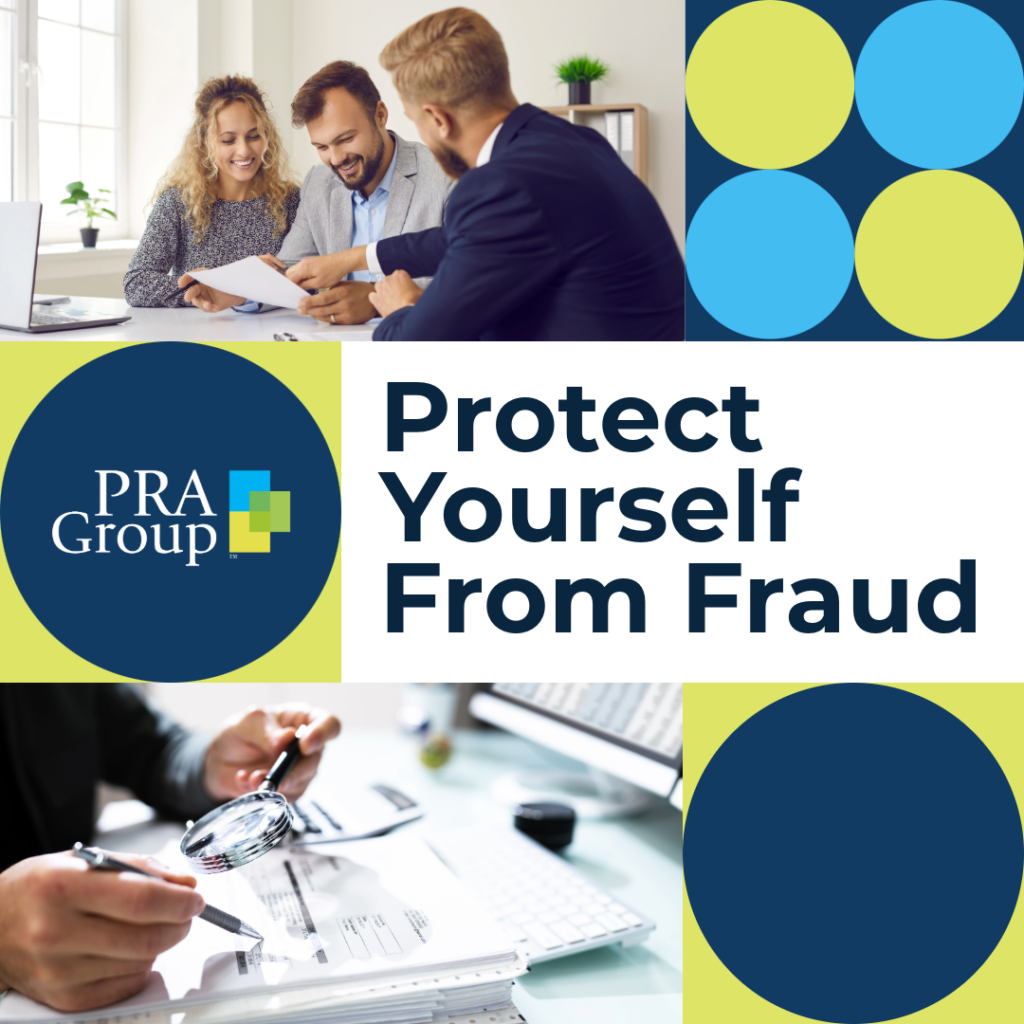Take Control of Your Financial Future During Financial Literacy Month
There’s no better time than the present to improve your financial literacy and make informed decisions about your personal finances. Since April is Financial Literacy Month, now is the perfect time to learn more about budgeting, saving for emergencies and how to start teaching the next generation about key financial concepts.
As a global leader in acquiring and collecting nonperforming loans, PRA Group is committed to supporting financial education programs and sharing resources that empower individuals to achieve financial wellness.
Start With a Plan
Financial freedom begins with an actionable plan, which is why PRA Group partners with Truist to offer free financial literacy resources to our employees and their dependents. Some of the tools Truist makes available to the public, like its mortgage payment calculator, emergency savings calculator, guide to saving and guide to budgeting, are a great place to begin.
Creating a budget can help you keep track of your money and ultimately help you reach your financial goals, like paying down debt, saving for a vacation or covering the cost of a new car. The first step is to learn about different budgeting methods. Then, choose one that best aligns with your financial habits and goals.

Here are a few popular budgeting strategies to explore:
- The 50/30/20 budget divides your income into three categories: 50% for needs, 30% for wants and 20% for savings or debt repayment. This approach provides clear guidelines while maintaining flexibility.
- The envelope method offers a tangible way to control spending, making it ideal for those who prefer a more detailed tracking mechanism. This budget requires you to portion out your monthly income into envelopes labeled with expense categories and fill each envelope with the amount of cash you can afford to spend.
- The zero-based budget goes one step further, meaning with this method, you account for every penny of your income and assign it to a specific expense, including fixed expenses, variable expenses and savings.



Prepare for Emergencies
An emergency fund serves as your financial safety net when unexpected expenses or life events arise. Financial experts typically recommend maintaining three to six months of living expenses in an easily accessible savings account. To build your emergency fund, consider treating this line item as a fixed expense, rather than a variable expense, in your monthly budget. Remember, even small, regular contributions can accumulate significantly over time.
Protect Your Money
To avoid becoming a victim of fraud, you need to be proactive about protecting your hard-earned money. As you’re learning about different ways to build your foundation of financial stability, it’s also important to be on the lookout for security red flags.

Here are some best practices to consider implementing:
- Regularly check your billing statements for suspicious activity and immediately report transactions you don’t recognize.
- Avoid clicking links from unknown sources and be suspicious of messages asking for personal information.
- Use unique passwords for each account and change them regularly. Enable multifactor authentication where available.
- Limit who can view your social media profiles and avoid sharing personal information like your birthdate, address, geotagged photos and when you’re traveling.
- Shred any documents containing personal or financial information after you review them or consider paperless statements.
Talking to the Children in Your Life About Money
Did you know learning about budgeting, saving and spending at a young age can help improve an individual’s financial well-being as an adult? By introducing financial concepts early, parents and mentors can help children develop healthy financial habits.

If you’re wondering how to start an age-appropriate conversation about money with the children in your life, there are many free resources available to you. For example, the Virginia Bankers Association offers a financial literacy toolkit that’s available to download. It includes budgeting resources and worksheets, sample lesson plans and suggested reading for a variety of age groups, as well as a list of financial literacy apps to check out.
PRA Group is a proud member of Receivables Management Association International (RMAI), which also offers a free resource to spark productive conversations about money in the home. RMAI’s Financial Literacy Rocks website provides interactive tools, games and conversation starters to make financial education engaging and accessible for all ages.
Supporting Community Partners
At PRA Group, our commitment to financial literacy includes philanthropic support for nonprofits focused on connecting people with resources to improve their financial futures.
In the area surrounding the company’s global headquarters in Norfolk, Va., we partner with United Way of South Hampton Roads (UWSHR) to support their Aspire and Strive programs, which provide free coaching for eligible Hampton Roads residents to reach their financial goals. According to UWSHR, participants in the Aspire and Strive programs experienced an average increase of nearly $17,000 to their annual income and an average decrease of $16,000 to their overall debt.
Junior Achievement of Greater Hampton Roads is another community partner through which experts can share the principles of financial success with young people. In 2024, PRA Group Director of Operational Risk and Resiliency Jerry Chemplavil spoke to middle and high school students at Junior Achievement’s Finance Park. PRA Group Vice President of Global Financial Planning and Analysis Mike Evans also shared his expertise on a Junior Achievement panel, talking about the critical role financial literacy plays in preventing fraud.

In the U.K., PRA Group Head of Customer Insight Vikki Wilkins and Product Owner and Project Manager Raya Smith recently spoke with a group of students at Annick Primary School in Irvine, Scotland. They shared an interactive presentation focused on basic money management skills as part of the school’s “Finance Fortnight” program.
In February 2025, PRA Group partnered with StepChange Debt Charity, the U.K.’s largest debt advice charity, to host a roundtable discussion in Parliament about the importance of financial inclusion.
PRA Group is also a longtime partner of Money Advice Liaison Group (MALG), a nonprofit dedicated to improving the lives of people in debt. The company has sponsored MALG’s Members Friday Forum since 2021.
Knowledge is Power
While financial education is a lifelong journey, Financial Literacy Month reminds us it’s never too late to start building a strong foundation of understanding about the basic principles of money. Whether you’re creating your first budget, teaching your children about money or preparing for retirement, the principles of financial literacy remain the same – understand your options, make informed choices and continually build your financial knowledge. By taking advantage of the resources available to you, you can develop the skills needed to make sound financial decisions at every stage of life.
About PRA Group
As a global leader in acquiring and collecting nonperforming loans, PRA Group, Inc. returns capital to banks and other creditors to help expand financial services for consumers in the Americas, Europe and Australia. With thousands of employees worldwide, PRA Group companies collaborate with customers to help them resolve their debt. For more information, please visit www.pragroup.com.
Media Contact:
Elizabeth Kersey
Senior Vice President, Communications and Public Policy
(757) 641-0558
Elizabeth.Kersey@PRAGroup.com
Investor Contact:
Najim Mostamand, CFA
Vice President, Investor Relations
(757) 431-7913
IR@PRAGroup.com